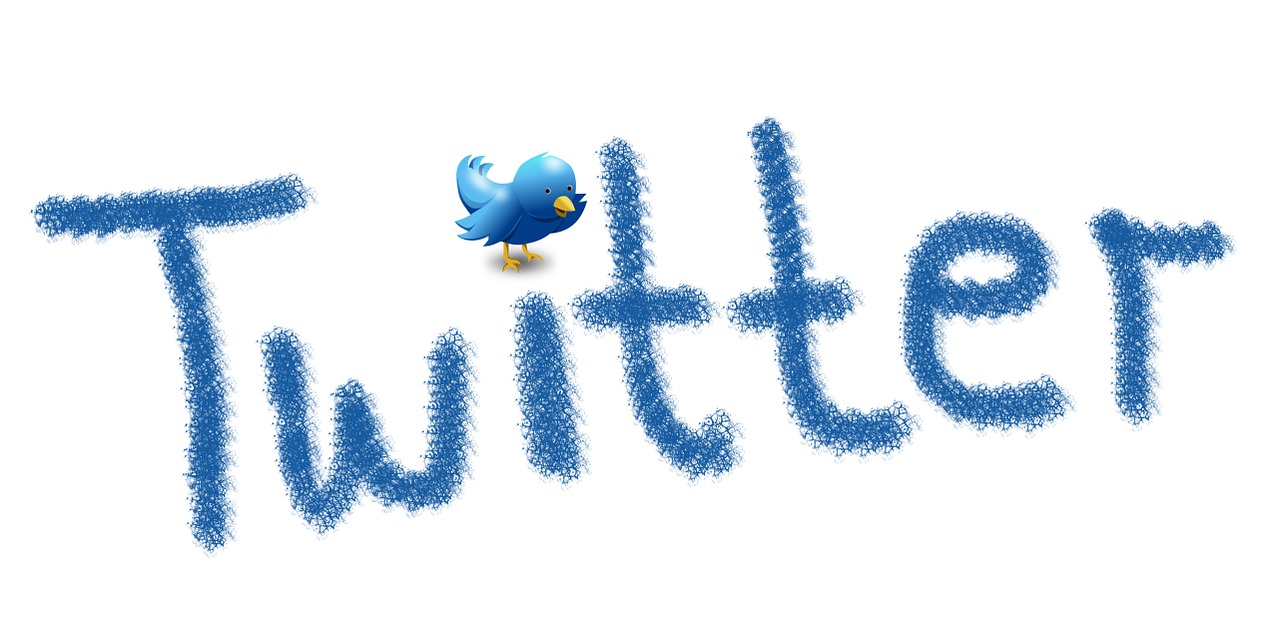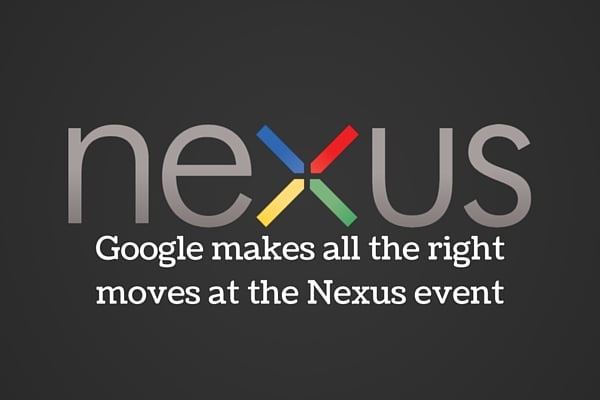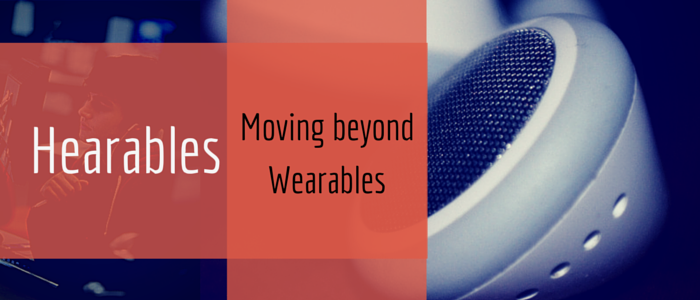Healthcare reform has been long overdue. The sector has been mired by inefficiencies and lack of quality services in real time. All of that is changing now with the steady influx of internet-connected devices in the market. The popular buzzword – Internet of Things or IoT – has already captured the world’s attention. Now, IoT is beginning to transform and empower healthcare services.
With the use of smartphones and intelligent healthcare applications that run on them, people have already begun dabbling with internet-connected devices as tools to monitor their health. IoT will take off from this very point. Philips, for instance, has plans to connect the rural poor of India to hospitals using mobile phones referred to as ‘eICU’ solutions. eICU stands for electronic intensive care unit that comprises diagnostic equipment, software, computers and handheld devices to connect hospitals to patients. This can dramatically improve healthcare access and time for patients with limited access.
One of the biggest advantages that IoT holds for healthcare is in the area of remote monitoring. Healthcare professionals can offer their services to patients in a remote location with the use of intelligent devices. They can connect to a device from their own offices and run diagnostics. These devices can also help hospitals manage their machines in a more efficient fashion. It enables connectivity across devices and systems. If certain required chemicals are running out of stock, it can quickly send out an alert and aid the hospital staff. This significantly limits device down time and improves care services.
A recent report states that Indian hospitals are already using IoT to improve the lives of the patients. Manipal hospital in Bangalore gives pregnant mothers a wearable device which is linked to an app and provides real-time information on fetal heart rate and important data to doctors who can remotely access it on a tablet or a phone. Chennai-based Apollo Hospitals is also using this technology to provide instant access of patient records to doctors. Healthcare professionals can access all EHRs and provide treatment on the move.
As these examples illustrate, an IoT revolution is slowly transforming the healthcare landscape. Newer use cases will further demonstrate the utility of internet-connected devices. The great power that lies within them comes from their ubiquitous nature- at office, home or on the go through phones, tablets and laptops. The Internet of Things enables device interoperability and helps gather real-time and life-critical data. IoT integration will increasingly result in better healthcare services, cost reduction, disease prevention and healthier lives.



